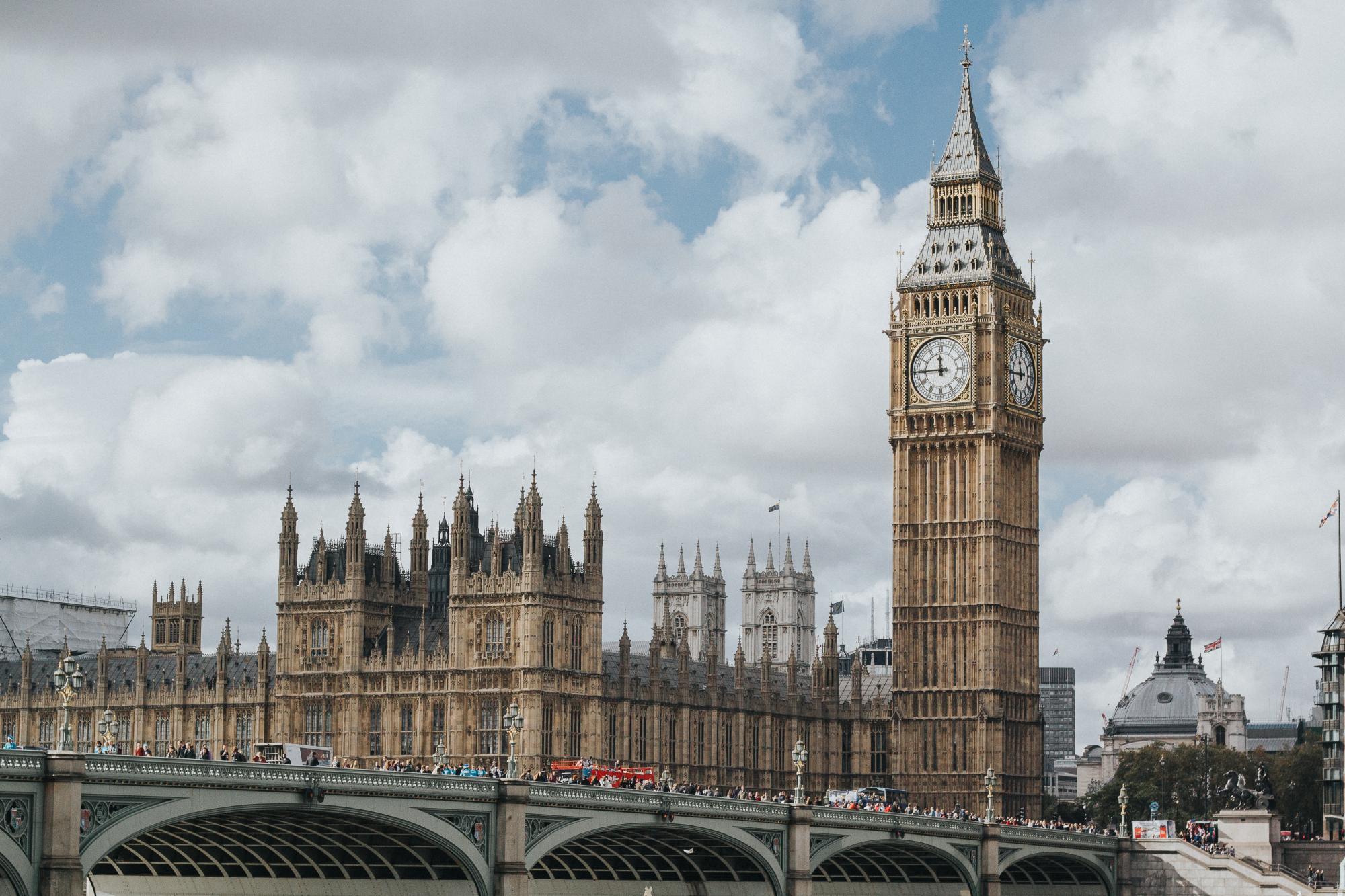Test- FTSE 100 Kicks Off August on a High as BP and Senior Lead Market Momentum
$11
10 Oct 2025, 13:13

Unsplash.com

Official numbers indicated that the British economy had a sluggish start to 2023 as inflation ate into families' disposable income, and experts see a possibility of recession ahead as higher interest rates prolong the agony even as inflation eases.
The economy increased by 0.1% in the first three months of the year, flat from an original forecast by the Office for National Statistics (ONS), and production was 0.5% lower than it was in the fourth quarter of last year, amid the COVID-19 outbreak.
Households drained their savings, despite the fact that the general saving ratio stayed greater than before the pandemic, and the cost of living rose much quicker than income.
The strain on consumers is certain to persist, with the Bank of England raising interest rates to a 15-year high of 5% in June and investors seeing no evidence that the tightening cycle is about to stop.
While the Bank of England predicted last month that inflation would fall to just over 5% by the end of the year, Governor Andrew Bailey of the Bank of England indicated this week that inflation was proving stickier than expected after remaining at 8.7% in May.
Britain's economic recovery since the pandemic began has been far slower than practically every other major industrialised country, while Germany also had difficulty, with its GDP 0.5% smaller in the first quarter than before the outbreak.
By the conclusion of the first quarter, the British economy had increased by only 0.2% year on year.
Some analysts argued the poor GDP figures contradicted better trends in jobs, salaries, and consumer confidence, and that continuing slow growth was more likely than a recession.
(Sources: investing.com, reuters.com)